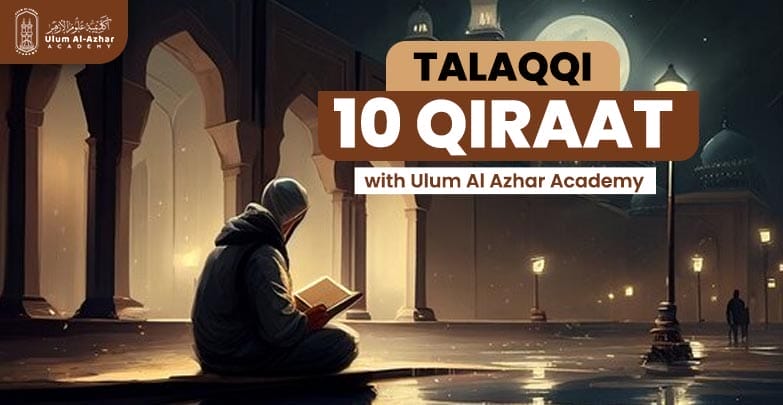
Talaqqi 10 Qiraat online with ijazah sanad muttasil
- Posted by Ulum Al-Azhar Academy
- Categories Quranic Journey
- Date September 21, 2023
“Have you ever wanted to learn Talaqqi 10 Qiraat online with ijazah sanad muttasil that is a specific mode of Quranic recitation (Qiraat) but struggled to find a local Quran tutor who excels in that particular mode?
Look no further! Our Tealaqqi 10 Qiraat online with ijazah sanad muttasil Course’ is tailor-made for individuals like you who aspire to master a particular Quran Qira’ah or even explore multiple modes among the Ten Qirat. So Join us on this educational journey and enrich your understanding of the Quranic recitation.”
How many Qiraat are there in the Quran?
There are indeed ten recognized Qirat in the Quran, each with its unique style of pronunciation and recitation. These variations in Qiraat exist to accommodate the diverse dialects and linguistic nuances of the various Arab tribes during the time of the Prophet Muhammad (PBUH), ensuring the accurate transmission of the Quranic text.
- Naafi’ Al-Madani: This style was preserved by Qari Muhammad (R.A.) and Imam Ahmad ibn Hanbal.
- Ibn Katheer Al-Makki: Qari Imam Shafi is a notable Qari who recited the Quran in this manner.
- Abu Amr Al-Basri: Qaaris Ad-Doori and As-Soosi preserved this Qiraat style.
- Ibn Aamir Ash-Shami: Heishaam and Ibn Zakwan are among the best Qaaris who recite the Quran in this manner.
- Asim al-Kufi: Imam Abu Hanifa (R.A.) recited the Quran in this style.
- Hamzah Al-Kufi: Khalaf and Khallad were important preservers of this Qiraat style.
- Al-Kisaa’i: Al-Layth and Ad-Doori were the Qaaris who used to recite the Quran in this way.
- Abu Ja’far Al-Madanee: Sulayman and Isa are the guardians of this Qiraat style.
- Yaqub ibn Al-Basri: Ruways and Rooh preserved this Qiraat style.
- Khalaf: Ishaq and Idris are the preservers of this Qiraat style.
Talaqqi 10 Qiraat online with ijazah sanad muttasil
So, In this course, you will be guided by one of our highly qualified lecturers, following the esteemed methodology of Ulum Al-Azhar Academy, as you delve into the world of Quranic recitation.
So Here’s what you can expect to gain from this enriching experience:
Course Highlights:
- Comprehensive Learning: You will apply and practice and each mode of recitation (10 Qiraat) using the classic methods of Talaqqi (repetition under the guidance of a teacher) and Mushafahah (reciting directly from the Quranic text).
- Reference Mastery: You will train yourself to navigate the main classic and contemporary references in Quranic recitation, enabling you to understand the depth and nuances of each Qiraat.
- Theoretical and Practical Approach: The course offers a balanced blend of theoretical knowledge and practical application, ensuring a well-rounded understanding of the subject.
- Certification: Upon successful completion, you will be certified by Ulum Al-Azhar Academy, with recognition from the prestigious Al Azhar University, Egypt, known for its expertise in Quranic studies.
- Ijazah Sanad: You will receive a distinguished Ijazah Sanad Muttasil and transmission chain directly connected to the Prophet Muhammad (SAW), obtained through a thorough certification process spanning (29) levels.
Recognition: This program holds official recognition from Al Azhar University, Egypt, specifically by the Faculty of the Holy Quran and the Quality Guarantee Department.
Levels of Talaqqi:
- Beginners: You will engage in Talaqqi Qira’at Imam Asim AL Kufi and Imam Ibnu Aamir Ashami.
- Intermediates: Your journey will include Talaqqi Qira’at Ahli Tawassut & Imalah (AL Kisa’i/ Khalaf AL ‘Ashir), Talaqqi Qira’at Ahli Idgham (Abu Amro/ Ya’qub), and Talaqqi Qira’at Asshabussilah (Qaloun/ Ibnu Kathir/ Abu Ja’far).
- Advanced: For the advanced level, you will engage in Talaqqi Riwayat Warsh a Nafi AL Madani and Talaqqi Qiraat Imam Hamzah AL Kufi.
Entry Requirements
- Entry Requirements: Talaqqi 10 Qiraat online with ijazah sanad muttasil. So, This course is open to adults and young adults with a decent knowledge of Tajweed and familiarity with the targeted recitation (Qiraat/Riwayat). Proficiency in Arabic, English, or Malay languages is required.
Each of these Qiraat styles is respected and recognized within the Islamic tradition, and the differences in pronunciation and recitation are considered linguistic variations that do not alter the Quran’s meaning. Studying these Qirat can provide a deeper understanding of the Quran’s linguistic richness and historical context.





